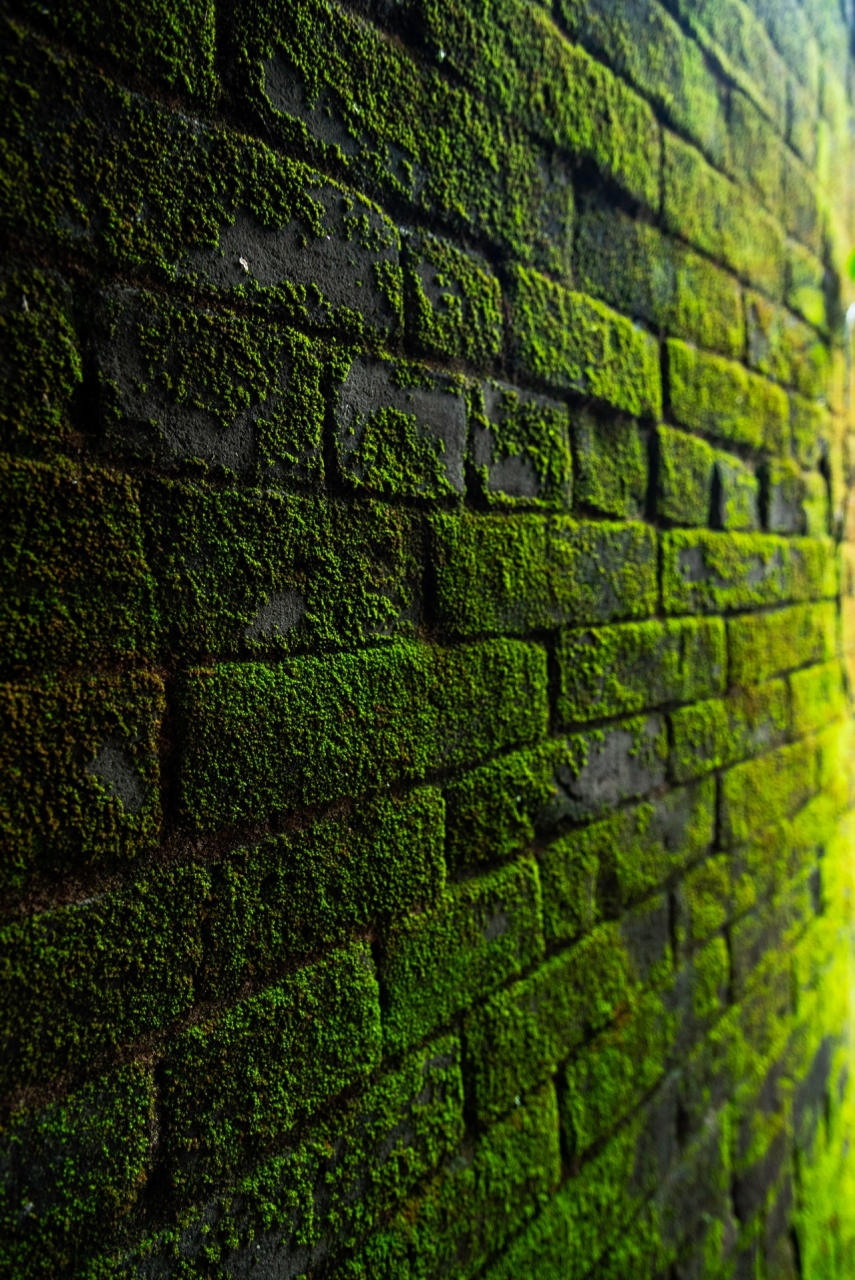Q. We have seen a 1900-ish property, which would be perfect for us, except that it smells damp. It is empty but we’re told that the double glazing is recent and it’s been injected. Do you think it has an underlying problem?
A. Without having seen the house for me, it’s difficult to say but if you like it, don’t rule it out just yet.
All empty properties tend to smell a bit musty. However, if it was damp and the work to resolve it has been undertaken, the smell could just be a lingering one because the house has been closed up. Or, it may be a simple condensation problem.
Condensation is fairly common in older properties that have been modernised. Originally, houses of this age would have been pretty draughty due to ill-fitting sash windows and doors as well as open fires in most rooms, making them difficult to heat but also ensuring a plentiful supply of fresh air with little or no condensation as a result.
Today, we make our homes as airtight as possible to minimise energy consumption and wastage. In a cavity-walled property built to modern insulation standards, this is fine, although you can still get condensation and even mould on window frames in winter. However, in older, solid-walled properties, the combination of highly effective heating, cold outer walls and little or no natural ventilation is almost a guaranteed recipe for a more serious condensation problem – particularly in kitchens and bathrooms.
This is generally easily cured by improving the ventilation – which is why, for example, modern homes have extractor fans in bathrooms.
So, give the place the benefit of the doubt and make an offer, but make sure you have it thoroughly checked out by a reputable damp specialist who will let you know if they think it’s a problem. A surveyor will only advise that you get it checked and is unlikely to be able to advise on the exact works required. If you need help with this we are happy to point you in the right direction.




Share this with
Email
Facebook
Messenger
Twitter
Pinterest
LinkedIn
Copy this link